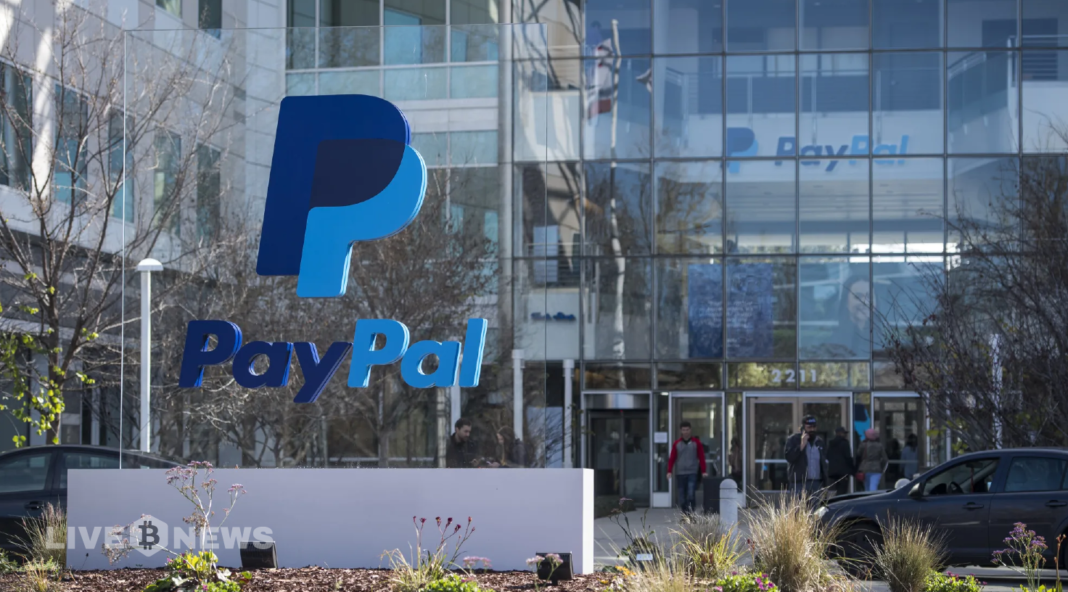PayPal has completed its first business payment using its stablecoin, PYUSD, marking a significant step in its digital currency strategy. According to Bloomberg, on September 23, PayPal paid an invoice to Ernst & Young LLP using PYUSD. The transaction was processed through SAP SE’s digital currency hub, which enables businesses to send and receive digital payments instantly, 24/7. This showcases PayPal’s commitment to integrating blockchain and stablecoins into traditional payment systems, making transactions faster and more efficient.
The payment demonstrates how PayPal is trying to improve business-to-business (B2B) transactions with digital currencies. Using its U.S. dollar-pegged stablecoin, PYUSD, PayPal aims to solve common problems in traditional B2B payments, such as delays caused by intermediaries. The amount of the invoice was not disclosed.
However, PayPal’s use of PYUSD highlights its potential to simplify payments in the business world. The funds were transferred to Ernst & Young’s Coinbase account. This will further push the integration of digital currencies into corporate financial operations.
PayPal Pushes Digital Currency Innovation for Faster, Cheaper Transactions
Steve Everett is PayPal’s Director of Market Development. He explained that B2B payments need innovation. He pointed out that traditional payment methods, such as those requiring “net-30” terms, can slow down cash flow and hinder business operations.
With stablecoins like PYUSD, businesses can make payments 24/7, settle them in real-time, and avoid bank delays. This flexibility can significantly improve cash flow and business efficiency.
Since launching PYUSD over a year ago, PayPal has been focused on expanding its digital assets offerings. Recently, the company announced plans to allow U.S. businesses to buy, sell, hold, and transfer cryptocurrencies. This move aligns with PayPal’s strategy to increase the adoption of its stablecoin and position itself as a key player in the evolving digital payments space.
According to Jose Fernandez da Ponte, PayPal’s senior vice president of blockchain, stablecoins are well-suited for cross-border payments. Traditional methods for international payments are often slow and expensive. Stablecoins provide a faster, cheaper, and more secure alternative. As more businesses adopt digital currencies, PayPal aims to lead the way in the future of global payments.
This shift reflects a broader trend in the payment industry. More businesses are turning to blockchain technology and stablecoins to improve transaction speed and reduce costs. PayPal’s recent actions show its commitment to shaping the future of digital payments.



